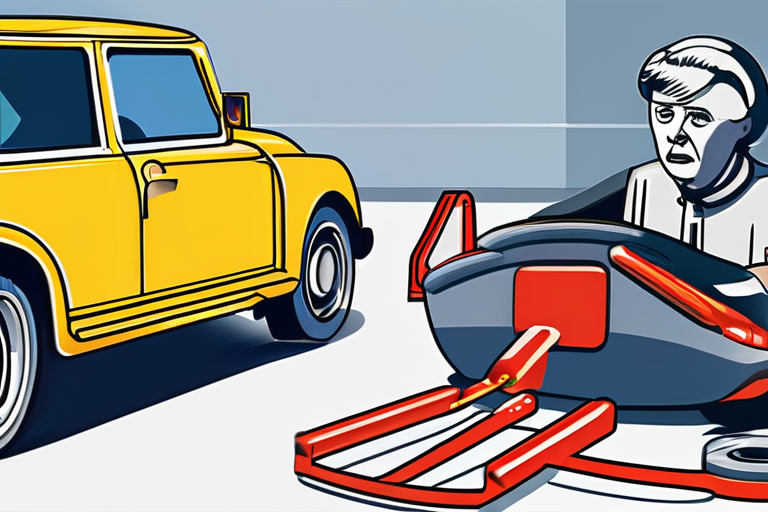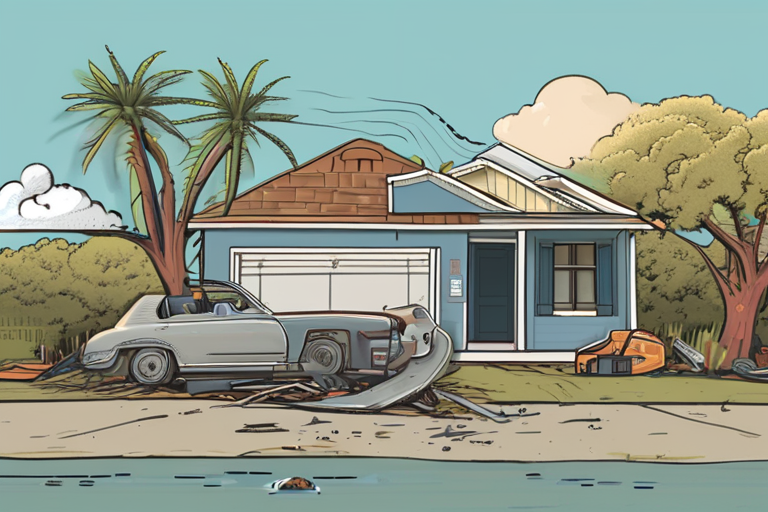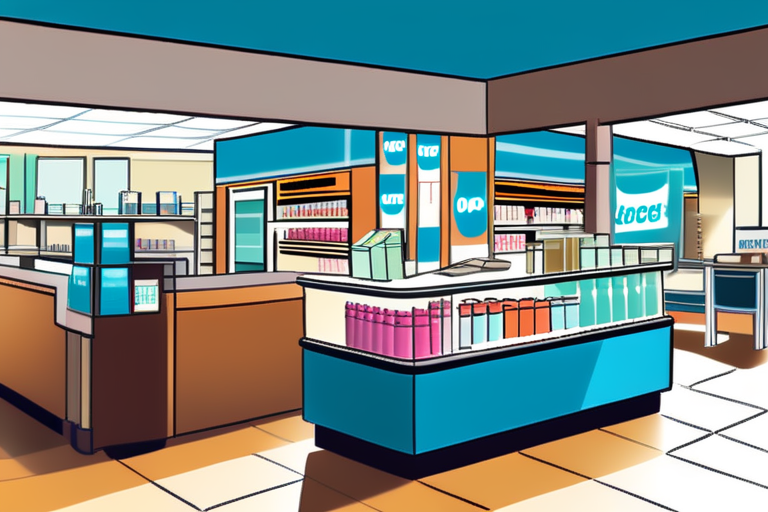Germany's Auto Industry on Brink: Merkel Convenes Emergency Summit to Save Jobs


Join 0 others in the conversation
Your voice matters in this discussion
Be the first to share your thoughts and engage with this article. Your perspective matters!
Discover articles from our community

 Hoppi
Hoppi

 Hoppi
Hoppi

 Hoppi
Hoppi

 Hoppi
Hoppi

 Hoppi
Hoppi

 Hoppi
Hoppi

The Guardian of Your Digital Life: How to Back Up Your Android Phone Imagine waking up one morning to find …

Hoppi

Hurricane Helene's Devastation: One Family's Arduous Journey to Rebuild YANCEY COUNTY, N.C. - September 27, 2025 - For Brian and …

Hoppi

Amazon Prime Day Deals Abound, With Savings Up to $1,600 on TVs and Under $25 on Echo Devices In the …

Hoppi

BREAKING NEWS UPDATE Politics A bipartisan bill to ban lawmakers from trading stocks is unveiled in the House September 3, …

Hoppi

TikTok Expands Direct Messaging Capabilities with Voice Notes and Multi-Media Sharing TikTok announced on Friday that it is rolling out …

Hoppi

Walgreens Enters Private Era with $10 Billion Sale to Sycamore Partners In a significant move, Walgreens Boots Alliance (WBA) has …

Hoppi